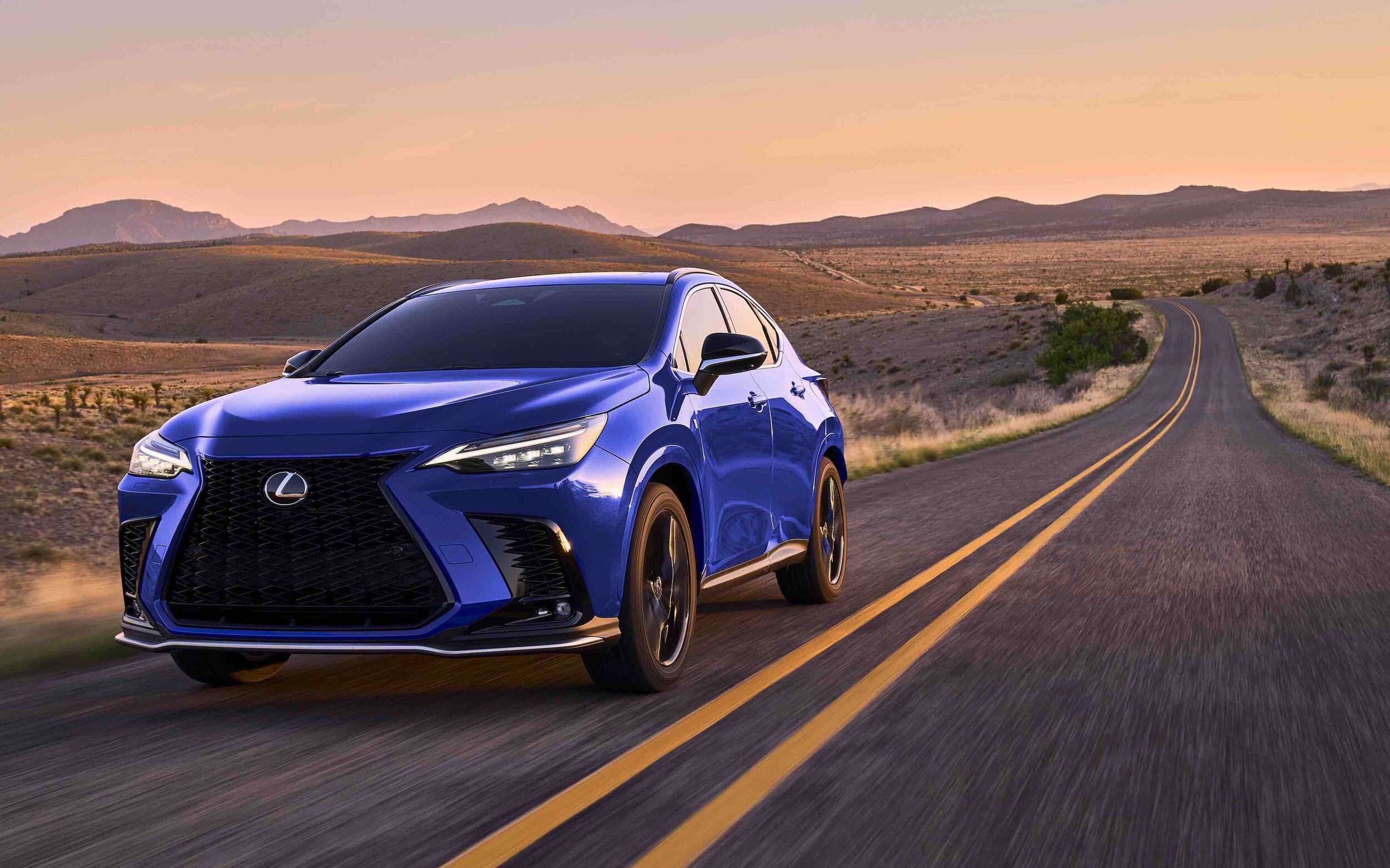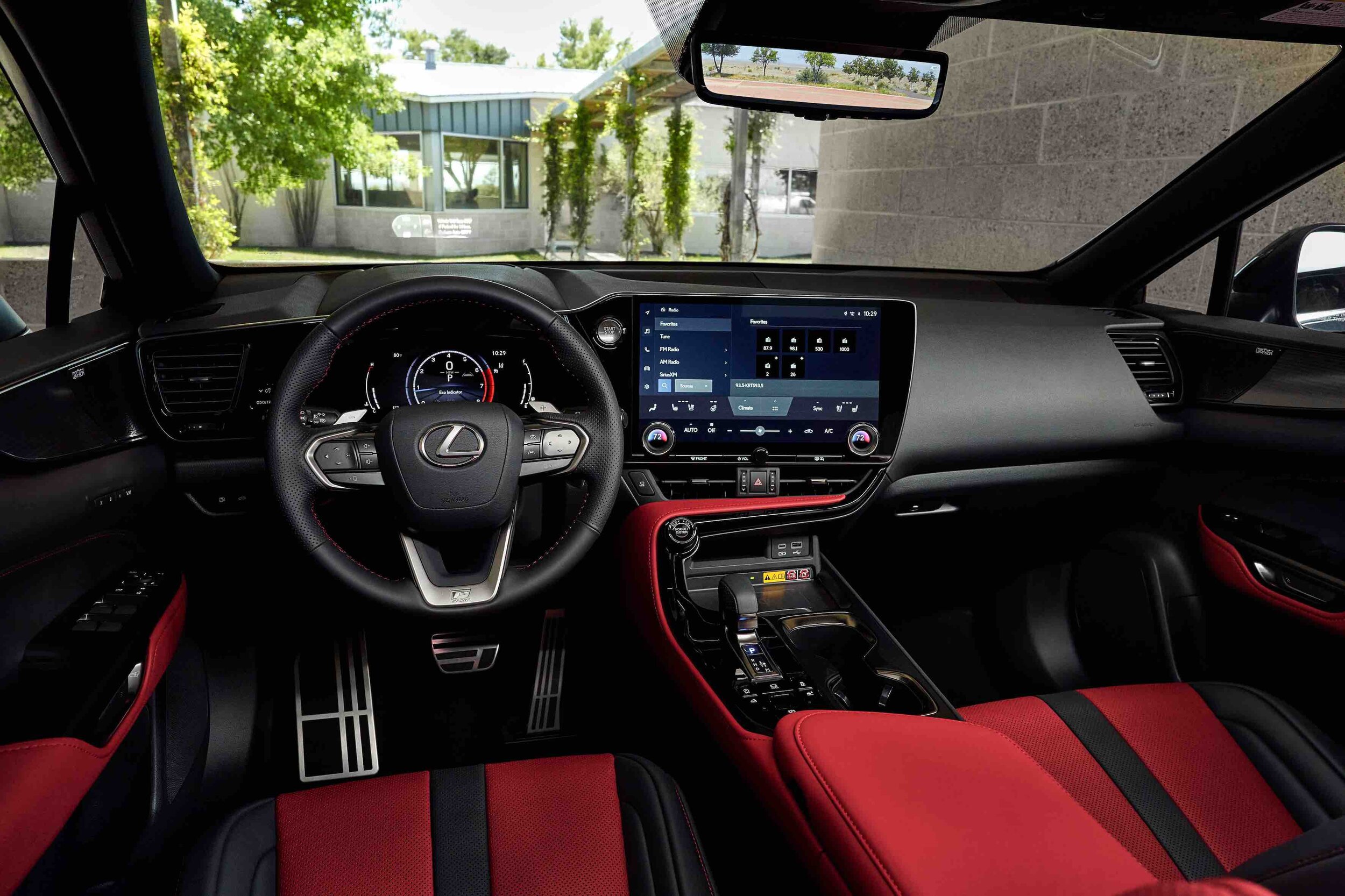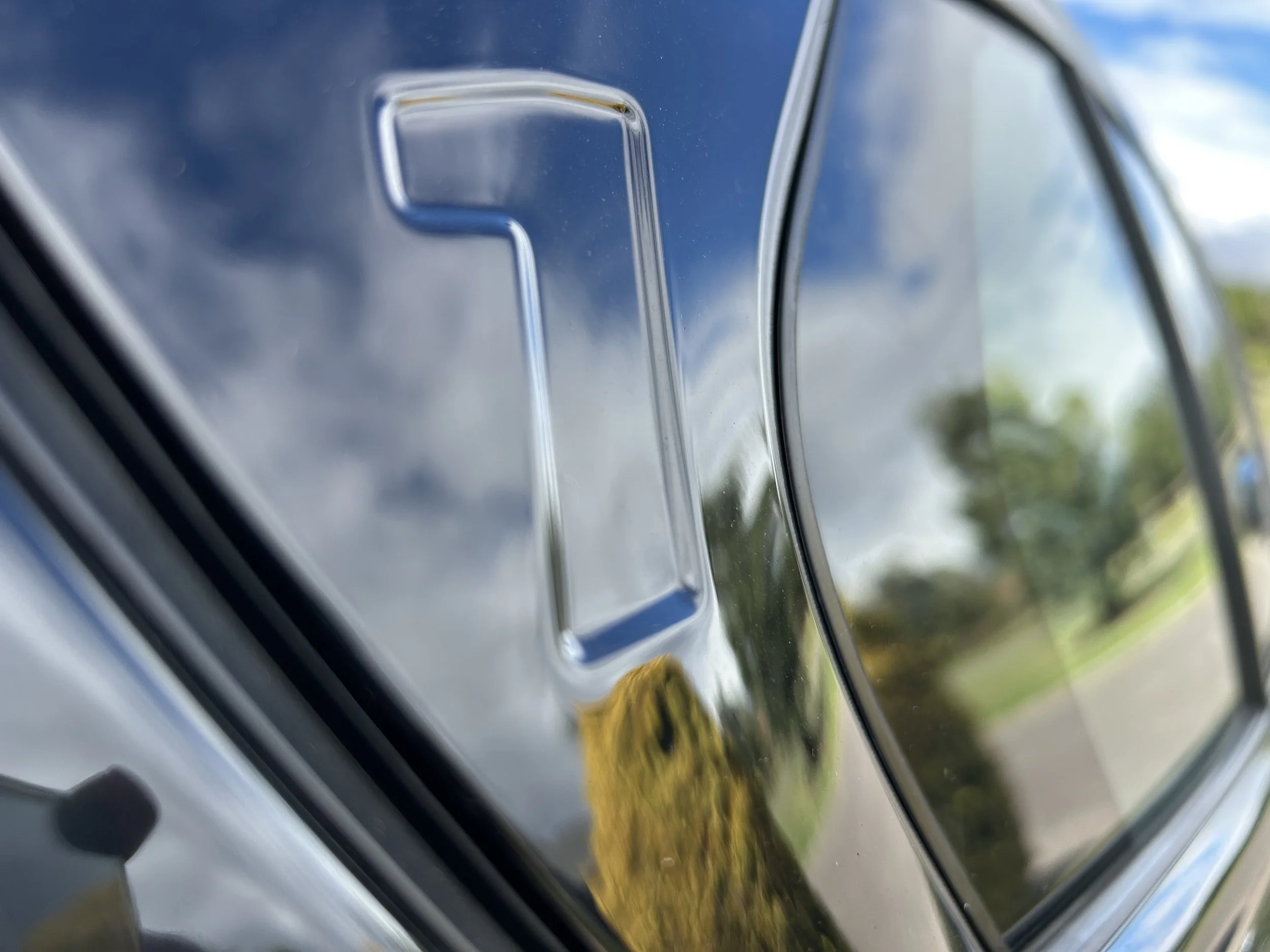NX first Lexus with PHEV
/Only hybrids, plug-in and ‘self charging’, are coming to this market at year-end.
UNVEILED internationally today and quite literally plugging into the New Zealand new car market on arrival at year-end.
That’s the new-generation Lexus NX compact crossover, which in continuing to provision in a new generation of the hybrid format that presently accounts for 69 percent of the current car’s sales is also the first car from this brand to step up to a plug-in hybrid drivetrain.
Only those two variants, set to be badged 350h and 450h, will be sold here under the ‘Lexus Electrified’ mantle, regardless that it also offers a powerful new turbocharged pure petrol performance engine.
That suggests here might be fewer than the current seven variants delivered by the current NX lineup, four being 2.5-litre all-wheel-drive hybrid and the others in 2.0-litre front-drive petrol.
Detail about what’s coming, the specification and pricing isn’t being released until much closer to launch, but the incoming cars provision in front and four-wheel-drive in 300h and all-wheel-drive only in the 450h.
Promising an optimal 58 kilometres’ battery-fed range, the mains-fed 450h flagship has an important role to play, going by comment from the brand’s New Zealand operation.
“Lexus is on a journey towards carbon neutrality through a varied portfolio of sustainable powertrain options for customers,” says Andrew Davis, Lexus NZ general manager.
“Customers are becoming more and more conscious of the need to balance their mobility needs with emissions and the environment.
“During 2021 we have seen over a 70 percent increase year to date in Lexus Electrified product sales and this is expected to continue as we also increase our Lexus Electrified product range.”
As the NX line is essentially the upmarket marque’s version of the Toyota RAV4 – different clothes, very different interiors but same platform and common drivetrains – the top tier car is effectively a well-dressed version of the RAV4 Prime, which has been signalled for NZ release but has yet to show.
The Toyota and Lexus cars basically have the same powertrain, but the Lexus version gains 2kW, to 227kW, and pays for this with a slight drop in range.
The fancy pants car carries more kilos too, so the claimed 0-100kmh time of 6.2 seconds is slightly slower than the RAV’s.
Don’t expect the same kind of feel, though, as Lexus says it has biased the NX 450h’s split to direct more output rearward than the Toyota does. Plus there’s the obligatory F-Sport package, which adds adjustable damping shock absorbers into the mix.
The NX 350h hybrid is (no prizes for guessing) a direct relation to the RAV4 Hybrid so popular with Kiwis it has a massive waiting list.
The Lexus version has the same petrol engine in identical tune, but gains a more powerful electric motor, so the total system oomph is 178kW, against 163kW from the Toyota. That’s a big lift on the current NX 300h, which puts out 145kW/210Nm.
Lexus claims 0-100kmh in 7.4 seconds, so 1.7s quicker than the current NZ-spec car. Despite that increased performance, it consumes less fuel than model here at present.
Davis says the new NX is the first model to introduce the next generation of Lexus and is based on the development concept of "Vital x Tech Gear.” This concept combines vital dynamism (Vital) with advanced technology (Tech).
He says the car features improved linear response thanks to the strengthening of the car's fundamentals, a design that attracts attention with athletic proportions, and many advanced, new technologies.
Lexus also focused on thoroughly improving driving control, aerodynamics, and weight reduction to establish the unique driving experience to be found in future electrified vehicles.
Information from the United States, understandably the car’s biggest market, says the NX 450h will be treated to a huge touchscreen; at 14.0-inches and provisioned in landscape-oriented format, it’s five inches larger than the standard unit.
The car also delivers a new Virtual Assistant with multiple microphones, enhanced noise cancellation and even seat-detection sensors to determine where pccupants – ‘guests’ in brand parlance - are sitting.
The Lexus’ safety system includes a new Risk Avoidance Emergency Steer Assist, which can help avoid accidents by both braking and steering. There’s also a right turn Oncoming Vehicle Detection/Braking system and an Oncoming Pedestrian Detection/Braking function that can automatically brake if the driver turns right in front of pedestrians and bicyclists.
A supersized “spindle” grille is a big part of the latest look, but the bodywork is more softened and rounded than what we have now.
The sharp-eyed might notice that the NX debuts Lexus’ new logo; the brand’s name in an elegant, but simplified, script.




















